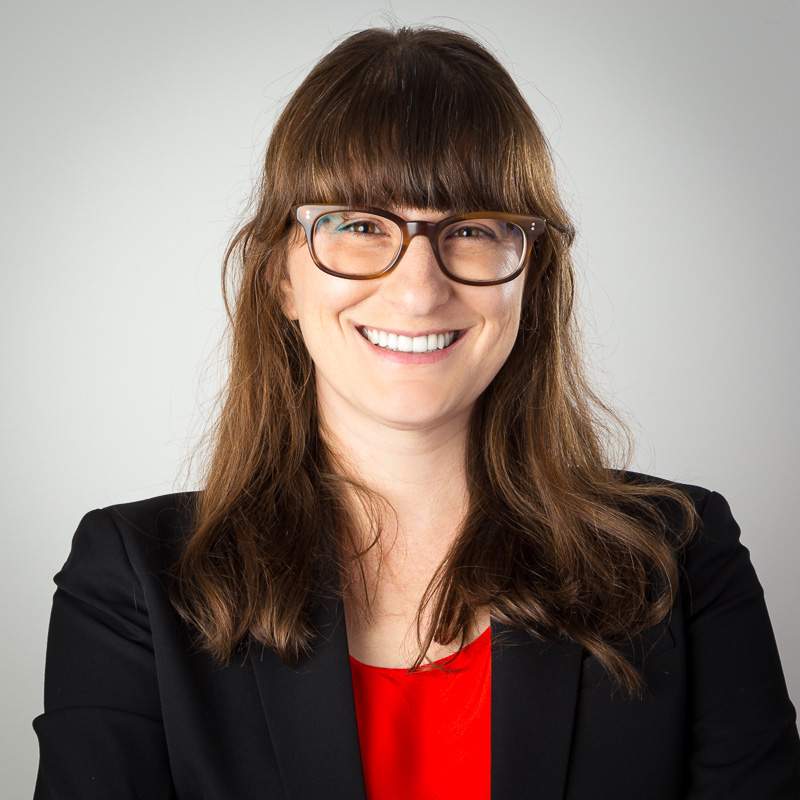MIA PARTLOW, MLS
NCSU Libraries Fellow, 2018 to present
NC State University Library
Data & Visualization Services and Access Services Departments
IDAH Digital Methods Specialist, 2016 to 2018

NCSU Libraries Fellow, 2018 to present
NC State University Library
Data & Visualization Services and Access Services Departments
IDAH Digital Methods Specialist, 2016 to 2018
What is/was your research project about?
My research project was about the spatial and discursive development of a downtown Louisville, Kentucky neighborhood called Butchertown, which has been the site of many slaughterhouses, tanneries, soap factories, and stockyards from the nineteenth century to present day. It's a really interesting space because there is still a large slaughterhouse there, and it's a fairly dense urban neighborhood about a half-mile from downtown. During the twentieth century the way capital is extracted from urban neighborhoods changed drastically, but in Butchertown this one huge thing--a slaughterhouse, with all of the sounds and smells that come along with it--remained in place. So I wanted to know how people participated in the creation of this space through discourse. How did residents talk about their neighborhood and help to formulate its identity while grappling with this remnant of their neighborhood's history?
How did IDAH help you with your project?
I was a graduate assistant with IDAH while I was working on the project, acting as the Digital Methods Specialist. I was able to talk with co-directors Michelle Dalmau and Kalani Craig about my project, which was helpful, but I think just as important were all of the events I attended where we gathered in groups to discuss issues important to digital humanities today--how our methods and tools are in conversation with and shape one another, how to use data responsibly and sustainably in every sense, and more.
What was your overall research experience like?
Overall the most vivid memory of my research process is sitting on my couch doing data cleaning late into the evening. But I also tried--and still try--to make my research experience playful and interesting. So I made sure to learn some new tools, took a few trips down to the University of Louisville Archives to gather my data, and of course had a lot of really interesting conversations with folks at IDAH about my project. Each time I talked about it I was able to refine it a little more, so having people to bounce ideas off of was really helpful.
What did you take away both from your research experience and working with IDAH?
What I took away from working with IDAH is that working with people who are supportive and encouraging of working out in the open makes a huge difference in how much I'm able to accomplish. I try to implement this in my work as a librarian, and create that type of environment as much as possible.
VIEW MIA'S PRESENTATIONS ON IU SCHOLARWORKS